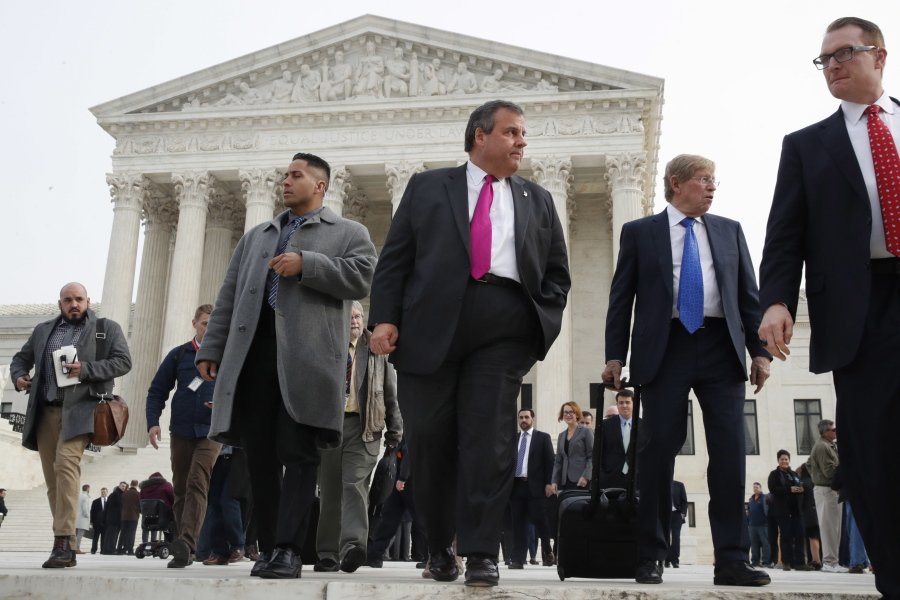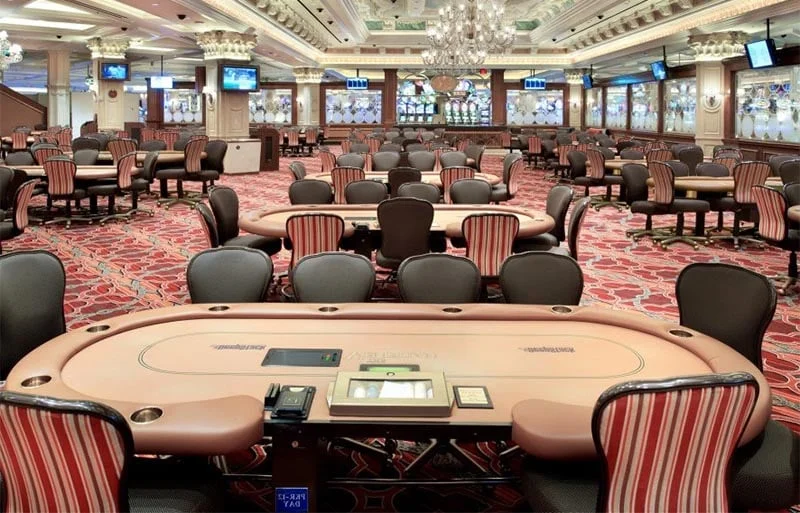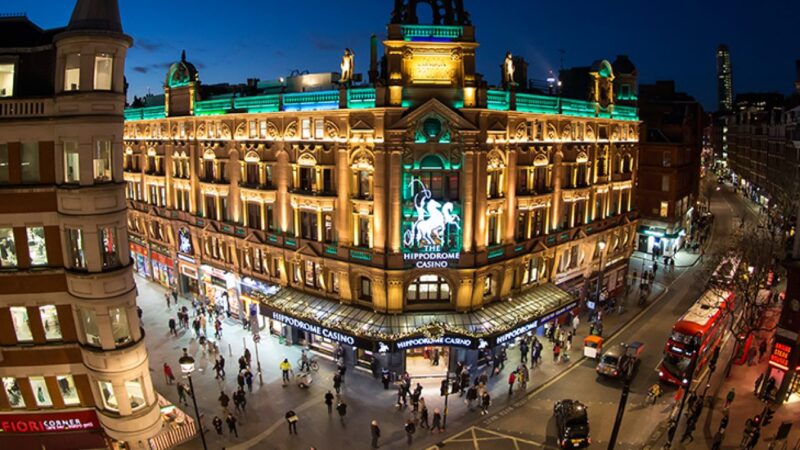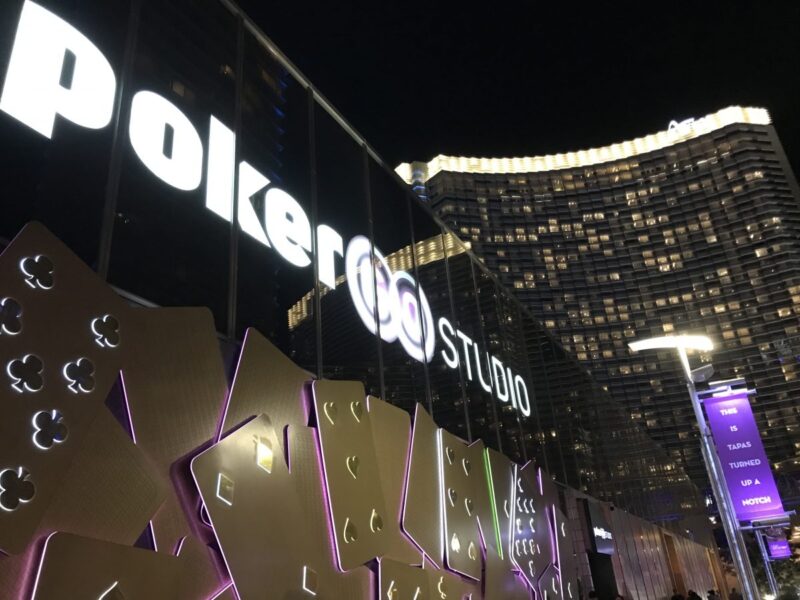The Supreme Court heard arguments on Monday over the state of New Jersey’s attempt to challenge the 1992 Professional and Amateur Sports Protection Act (PASPA). A ruling won’t be made until well into next year, but the justices’ line of questioning made it appear that the court was skeptical of the constitutionality of a law that prevents 46 states from allowing people to bet on sports.

Much of the conversation in the court on Monday centered on the unusual nature of PASPA. Rather than saying that sports betting is illegal in the United States, it instead prohibits individual states from legalizing. A provision grandfathered in any activities that were already in place by one year after the legislation went into effect, which is why Nevada casinos can offer full sportsbooks to their patrons.
Skepticism Over PASPA Structures
That distinction seemed to sit poorly with several justices, who questioned whether the federal government had the right to tell states how they could or could not legislate.
“It’s a very odd way to phrase something,” Chief Justice John Roberts said. “If the state law says you can do it, that’s the only situation in which it’s illegal. If the state law doesn’t say anything about it, well, feel free, you can do it.”
Justice Anthony Kennedy seemed to agree. After lawyers for the NCAA outlined the basic structure of PASPA to show how it prevents states from allowing sportsbetting, Kennedy questioned the mechanism by which it accomplished that goal.
“It leaves in place a state law that the state does not want, so the citizens of the State of New Jersey are bound to obey a law that the state doesn’t want but that the federal government compels the state to have,” Kennedy said. “That seems commandeering.”
Sportsbetting Floodgates
Arguments in Chris Christie v. National Collegiate Athletic Association, as the case is known, mostly stayed away from the practical impact of lifting the broad federal ban on sportsbetting. But there’s no doubt that such a move could dramatically alter the gaming industry across the United States.
Even without PASPA, it would still be illegal to set up a bookmaking operation in most states. However, states would now have the right to legalize and regulate sports betting as they see fit. Similarly, Pennsylvania’s recent gambling expansion included language that will allow casinos in the state to offer betting on sports should it become legal.
Other states would surely jump on the opportunity as well, especially those that have full casino gaming already. It would be easy to believe that such proliferation of sports betting could hurt Nevada sportsbooks, which currently offer the only legal way to place bets on individual games in the country.
However, these new operations also plausibly might get most of their business from gamblers who currently place bets illegally.
Ted Olson, a lawyer for the state of New Jersey, alluded to such figures during arguments in front of the Supreme Court.
“What I’m saying is – and all of the evidence supports this – that betting on sports is taking place all over the United States,” Olson told the justices. “Five present of it is legal in Nevada. The rest of it is illegal. New Jersey decided ‘we are going to look at it.’”
Estimates on the amount of illegal gambling in the United States vary, ranging from $100 billion to $400 billion per year. Nevada currently handles about $5 billion of legal sports bets annually.


